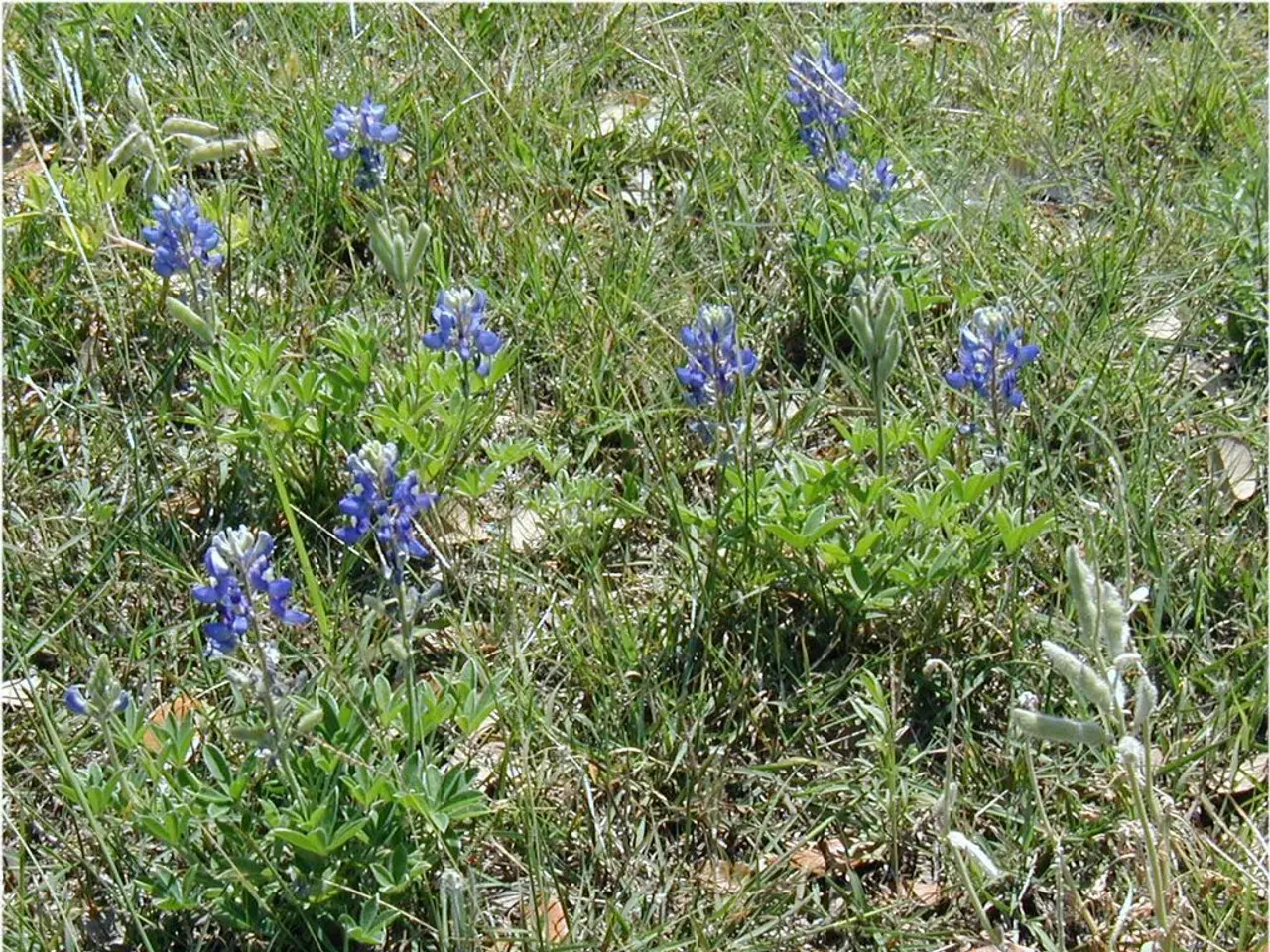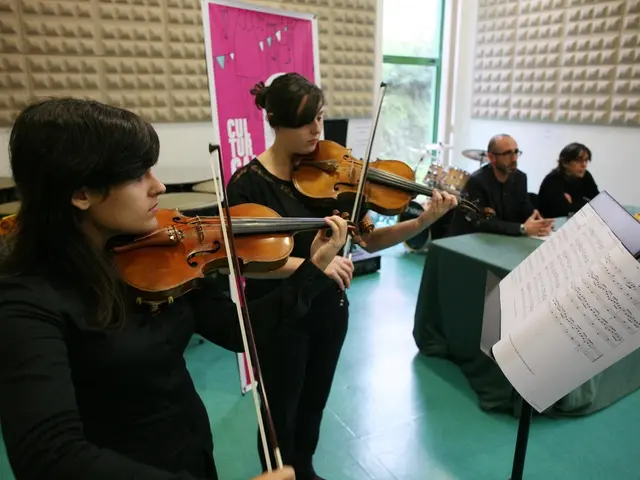Apply by October 1, 2025 to attain the title of Master Gardener
University of Minnesota's Master Gardener Volunteer Program: A Chance to Grow and Give Back
The University of Minnesota's Master Gardener Volunteer Program is an opportunity for individuals to invest their time and energy in local activities that promote healthy people, a healthy planet, and vibrant communities.
With over 3,800 active volunteers across the state, the program has been instrumental in fostering healthy landscapes and communities through various projects and volunteer efforts. This year alone, an estimated 185,000 hours of volunteer time will be contributed by these dedicated volunteers.
The program is open to all ages and experience levels, offering participants an opportunity to explore their specific interests while helping the state of Minnesota. To become an active Master Gardener volunteer, individuals are required to complete the Core Course and 50 hours of volunteering in the first year.
The Core Course covers a wide range of topics, including botany and horticulture, soils, composting and fertilizers, integrated pest management, plant pathology, entomology, growing fruits and vegetables, herbaceous and woody ornamental plants, lawns, weeds, indoor plants and propagation, living with wildlife, plant diagnostics, inclusive volunteering, and community engagement.
For queries or information regarding the Master Gardener Volunteer Program in Wright, McLeod, and Meeker counties, contact Emily Lindenfelser, the website Educator, at [email protected] or 612-394-6302.
Priority areas for the program include horticulture skills, local food, pollinator health, plant biodiversity, green spaces, clean water, and climate resilience. After the first year, volunteers are asked to commit 25 hours to annual volunteer work and five hours of continuing education.
The benefits of gardening, according to Tim Kenny, the statewide director of the program, include personal and community wellbeing, pollinator health, climate-resilient landscapes, and more. Applications for the 2026 training are due Oct. 1, and the Horticulture Core Course begins online in January 2026.
The Master Gardener Volunteer Program aims to welcome all, eliminate barriers to participation, make scientific concepts understandable and available to everyone, and inspire lifelong horticultural learning. By joining this program, you're not just growing plants, you're growing a healthier, more sustainable future for Minnesota.
Read also:
- Education Exhibition: August 2024 Display and Demonstration
- Enhanced solar power for 600-watt power stations: the BOOSTER unit offers an upgrade.
- Frugal Living Revealed: 7 Effective Tips from the Amish Community That Could Save You a Fortune
- Revolutionizing healthcare through Remote Patient Monitoring Systems: A life-changing approach!







